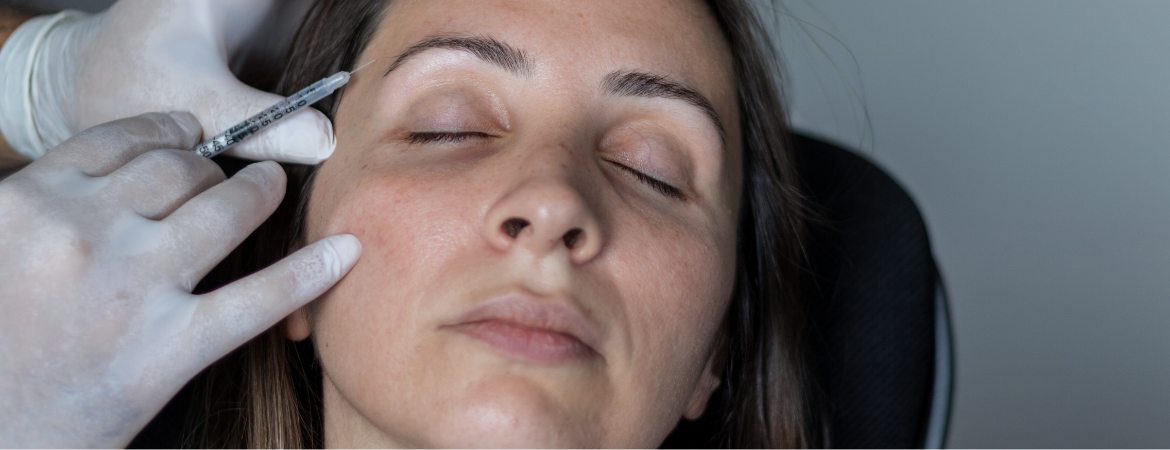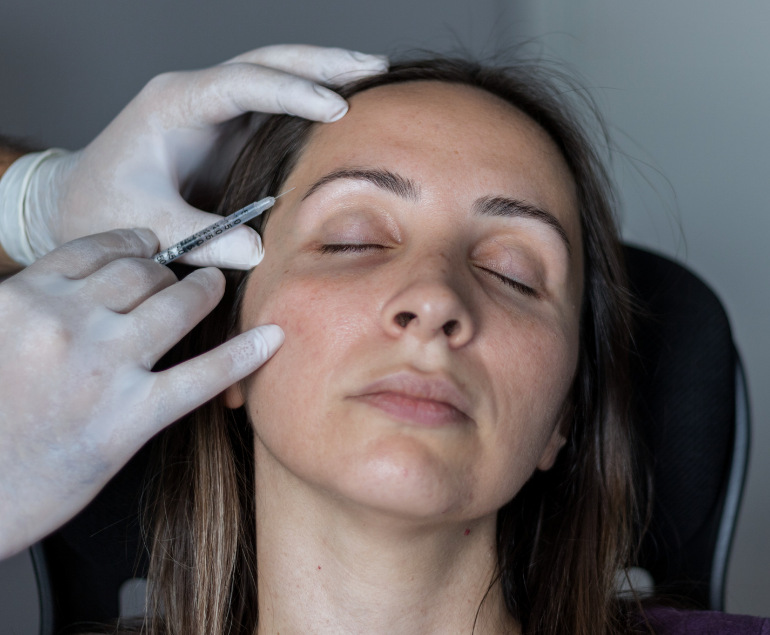
Masseter hypertrophy is the term used to describe the enlargement of the masseter muscle, which is located on the side of the jaw and is known as the strongest chewing muscle. When this muscle becomes enlarged and visible even from the outside, it is called masseter hypertrophy. There are several factors that contribute to this condition. The most common causes are teeth grinding and clenching, excessive chewing of gum, and consuming tough meats. The treatment for this condition is called masseter Botox. Masseter Botox refers to the aesthetic procedure where the lower part of the area where the masseter muscle is located is slimmed down. This procedure, often referred to as jawline Botox by many people, aims to correct the shape abnormalities in the lower part of the face.
Why is Masseter Botox Performed?
The growth and development of the masseter muscle do not pose significant functional problems. However, this abnormal enlargement can be visually disturbing. In such cases, the jaw muscles tend to widen sideways, giving your face a square shape. This problem is generally seen as a concern among women because they prefer softer facial features and do not want a masculine appearance.
In addition to causing visual concerns, the abnormal growth of the masseter muscle can also lead to problems such as teeth grinding and clenching during sleep. It is important to get rid of this condition, which causes tooth sensitivity and pain. By undergoing jawline Botox or Masseter Botox, you can alleviate these discomforts.
What are the Benefits of Masseter Botox?
There are several advantages to getting Masseter Botox. Some of these advantages are listed below:
- Relief from pain caused by teeth grinding and clenching.
- It is a highly safe procedure.
- It helps to slim down the jaw structure and eliminate the square appearance.
- It allows you to have a more slender and defined jawline.
**All the information provided in this content is based on internet sources. None of the information in the content should be considered as professional advice. We recommend consulting with your doctor for the most accurate and reliable information.

